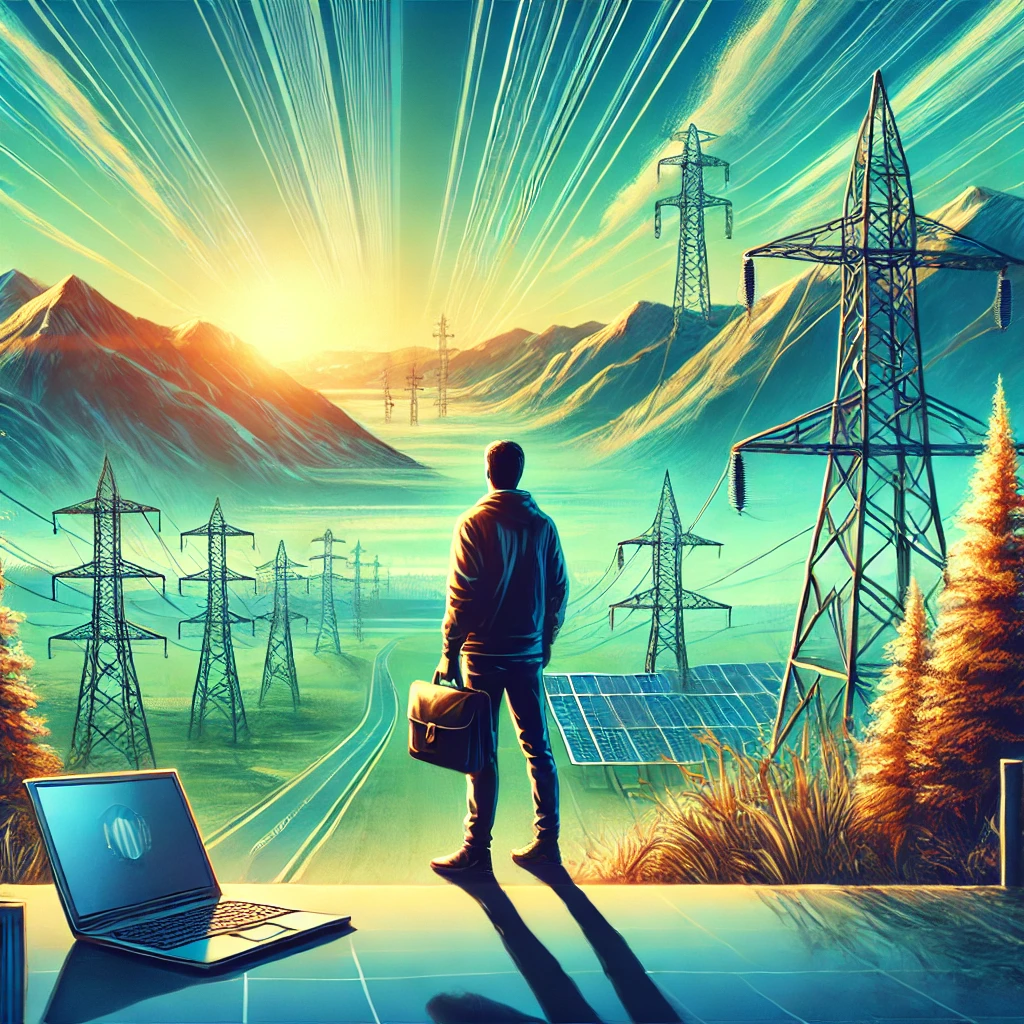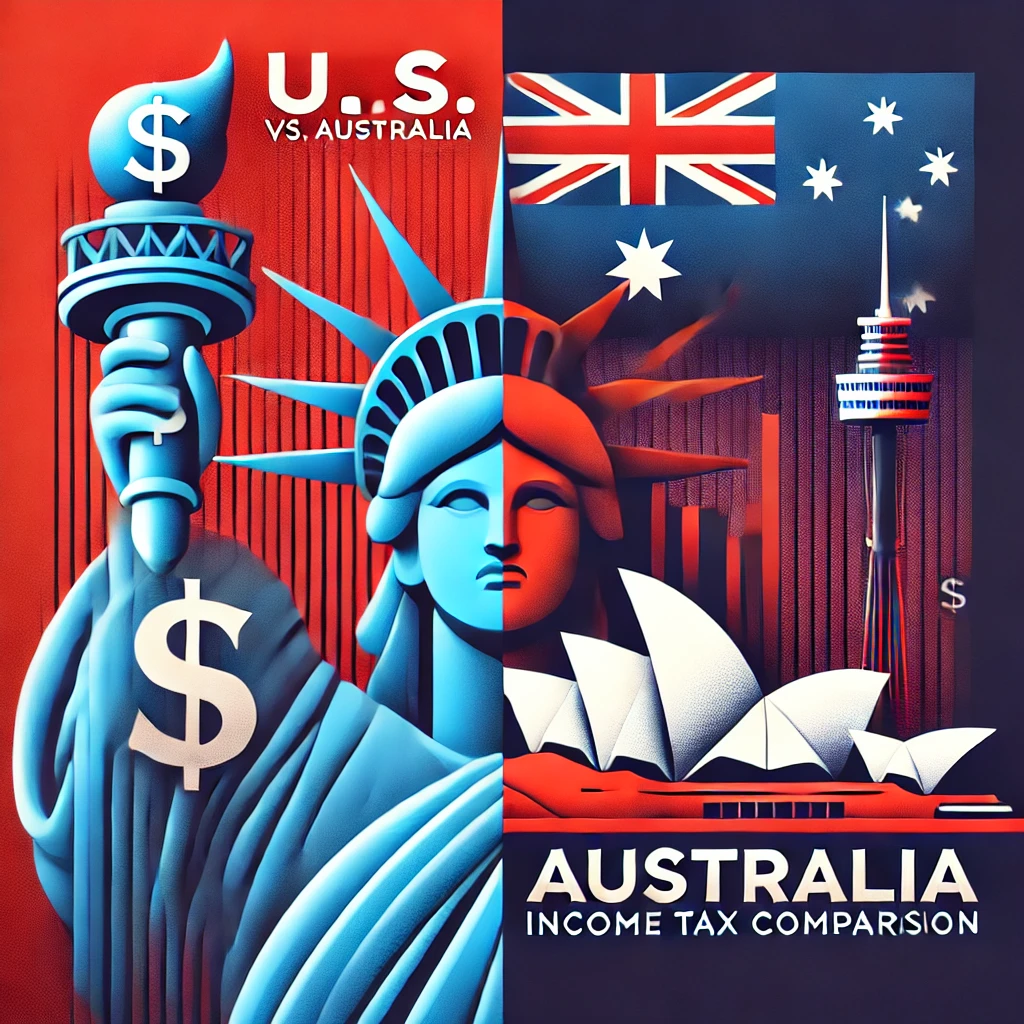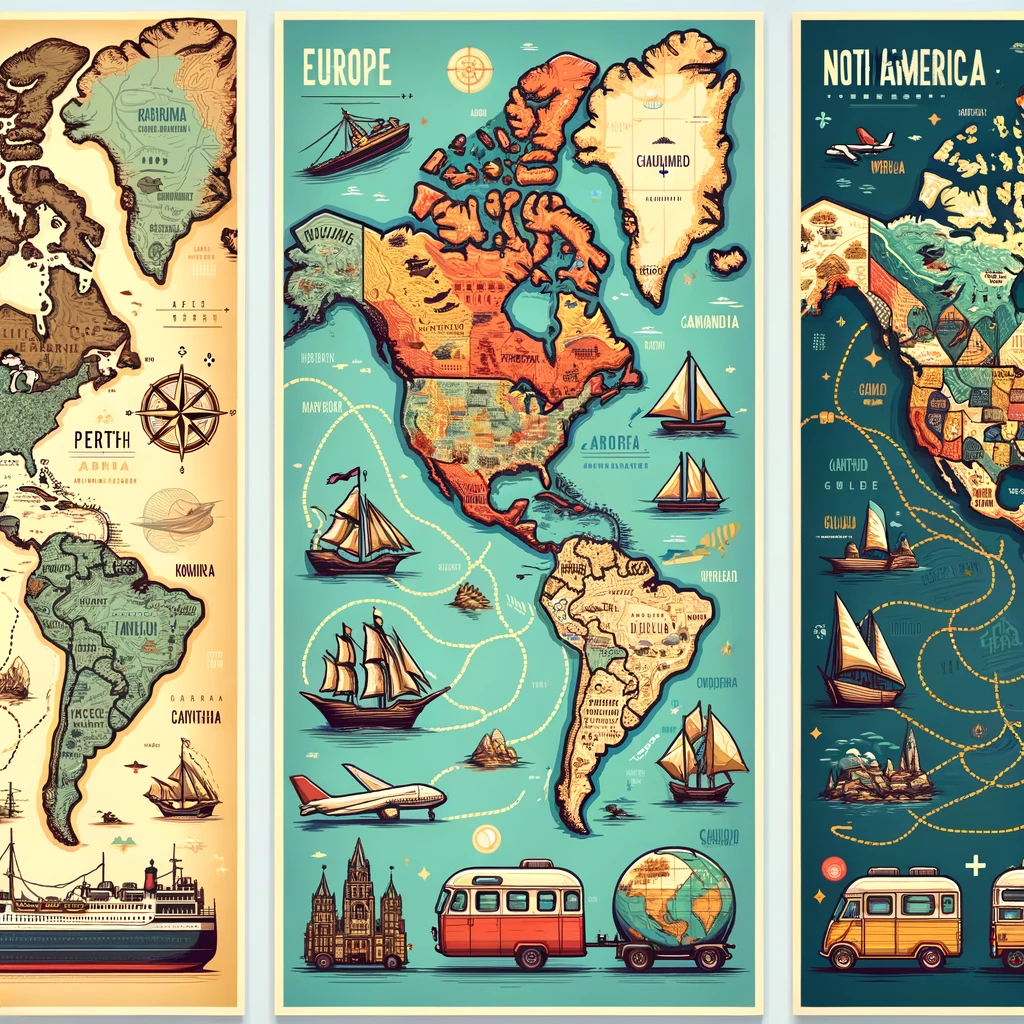For years, I worked within the corporate environment, primarily in the energy industry, contributing to major infrastructure projects. My career has always involved discipline, risk analysis, and problem-solving—a natural fit for someone with a background in engineering and consulting. But now, having spent time as a freelance consultant and digital nomad, and more importantly, being “redpilled” by a series of personal revelations, I find myself questioning whether I could ever return to the traditional nine-to-five corporate grind.

Being “redpilled” isn’t about subscribing to any one ideology—it’s about opening your eyes to realities you might not have seen before. It’s a state of awareness, a new lens for observing the systems around us. And once that shift happens, going back to business as usual feels almost impossible. For me, the energy industry represents more than just work; it encapsulates what I now see as a microcosm of control, complacency, and hidden agendas. Here’s why I’m not sure I can ever walk through the door of a corporate office again.
The Shift from Naivety to Awareness
When I started my career, the energy sector seemed like a noble pursuit. Delivering power to millions felt like meaningful work—solving problems with engineering precision, managing resources, and ensuring systems ran smoothly. But over time, especially as my experiences as a digital nomad allowed me to explore life on my terms, I began seeing cracks in the facade.
The systems that govern industries, especially energy, run on more than just technical excellence. The increasing trend towards centralized control—such as smart meters, virtual power plants (VPPs), and distributed energy resource (DER) management—suggests a troubling direction. Energy isn’t just about electrons and infrastructure anymore; it’s becoming a tool for top-down management, feeding into a larger agenda of surveillance, compliance, and control.
Once you see these connections, it becomes hard to look away. Government mandates, technocratic influence, and corporate lobbying are reshaping energy into something that’s less about sustainability and more about control. What’s worse is that most people inside these organizations don’t even see it happening—they’re simply following the script.
Why Freelancing Changed Everything
As a freelance consultant, I’ve been privileged to step outside of the traditional work environment and experience true autonomy. There’s a difference between being an employee, bound by procedures and organizational hierarchies, and being a consultant, where your work is your own. As a freelancer, I’ve been able to work with clients on my terms, manage my own time, and develop a deep understanding of how different industries operate—often exposing the inefficiencies and absurdities that plague corporate structures.
The freedom to think independently, without the noise of corporate policies or team politics, has been eye-opening. I’ve discovered that not only can I live without the security of a steady paycheck, but I can thrive outside the system entirely. This freedom has also given me a new perspective on how I want to align my skills and energy—working for a company whose mission I no longer trust feels like a betrayal of that freedom.
Energy Industry: A Machine That Feeds Itself
One of the things I’ve come to realize is that the energy sector, like many large industries, is designed to perpetuate itself. Companies justify their existence through endless innovation cycles—developing new products, adopting new standards, and chasing regulatory approvals, even when the solutions don’t address the core problems.
Take, for example, the push for DERs and VPPs. While they’re marketed as innovations to reduce emissions and empower consumers, the underlying technology enables new forms of centralized control. Distribution System Operators (DSOs) now have unprecedented access to private energy data, and through this, they can influence how, when, and where energy is consumed.
The same companies that promote “sustainable” energy solutions often work behind the scenes to secure regulatory advantages, corner markets, and maintain the status quo. Working inside this system—knowing what I know now—would feel complicit in something much larger than myself.
The Moral Dilemma of Returning
Could I really clock in every day, knowing that my efforts contribute to a system I no longer believe in? Would I be able to sit through meetings, knowing that every corporate objective was just another layer of compliance to feed into a system of control?
I’ve come to appreciate that work can—and should—be more than just a way to make money. It should align with one’s values, beliefs, and purpose. Returning to the energy industry, or any corporate environment that operates on inertia and profit above all else, feels like a compromise I’m not sure I’m willing to make.
What Comes Next?
At this point, the idea of going back to corporate work—especially in an industry that is increasingly tied to agendas I no longer align with—seems unlikely. But the question remains: where do I go from here?
Freelancing offers freedom but also uncertainty. However, I’ve realized that uncertainty is preferable to the illusion of security that corporate work provides. I’ve toyed with ideas like starting a small business, perhaps even a drop-shipping side hustle as a joke (Hello Kitty handbags, anyone?), or continuing my consulting work in a way that aligns with my values.
The beauty of living outside the system is that it opens up a world of possibilities. I’ve become accustomed to thinking independently, questioning everything, and finding creative solutions. The thought of being bound by corporate policies again feels suffocating, and honestly, I’m not sure I could ever go back.
There’s no going back to ignorance once you’ve been redpilled. The energy industry, once a source of pride and purpose, now feels like a machine that perpetuates control rather than empowerment. While freelancing offers its own challenges, it’s a way to retain autonomy and align my work with my beliefs.
I’ve come to realize that freedom—both personal and professional—is worth more than any corporate paycheck. And so, as I continue my journey as a consultant and digital nomad, I’ll keep searching for ways to live and work in alignment with the truths I’ve uncovered. Because once you see the bigger picture, anything less feels like settling.
Discover more from Kango Anywhere
Subscribe to get the latest posts sent to your email.



